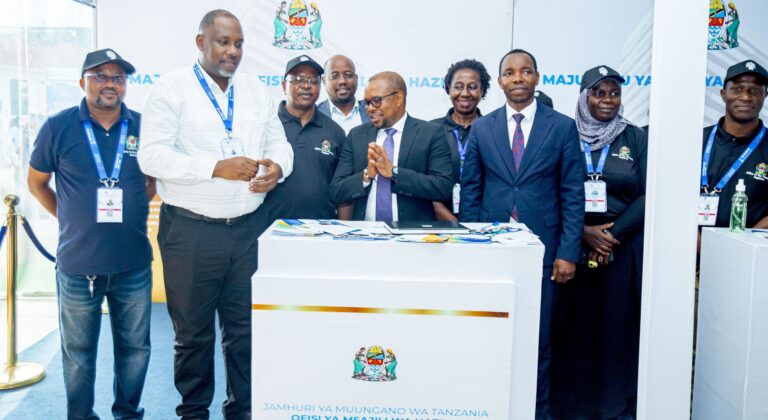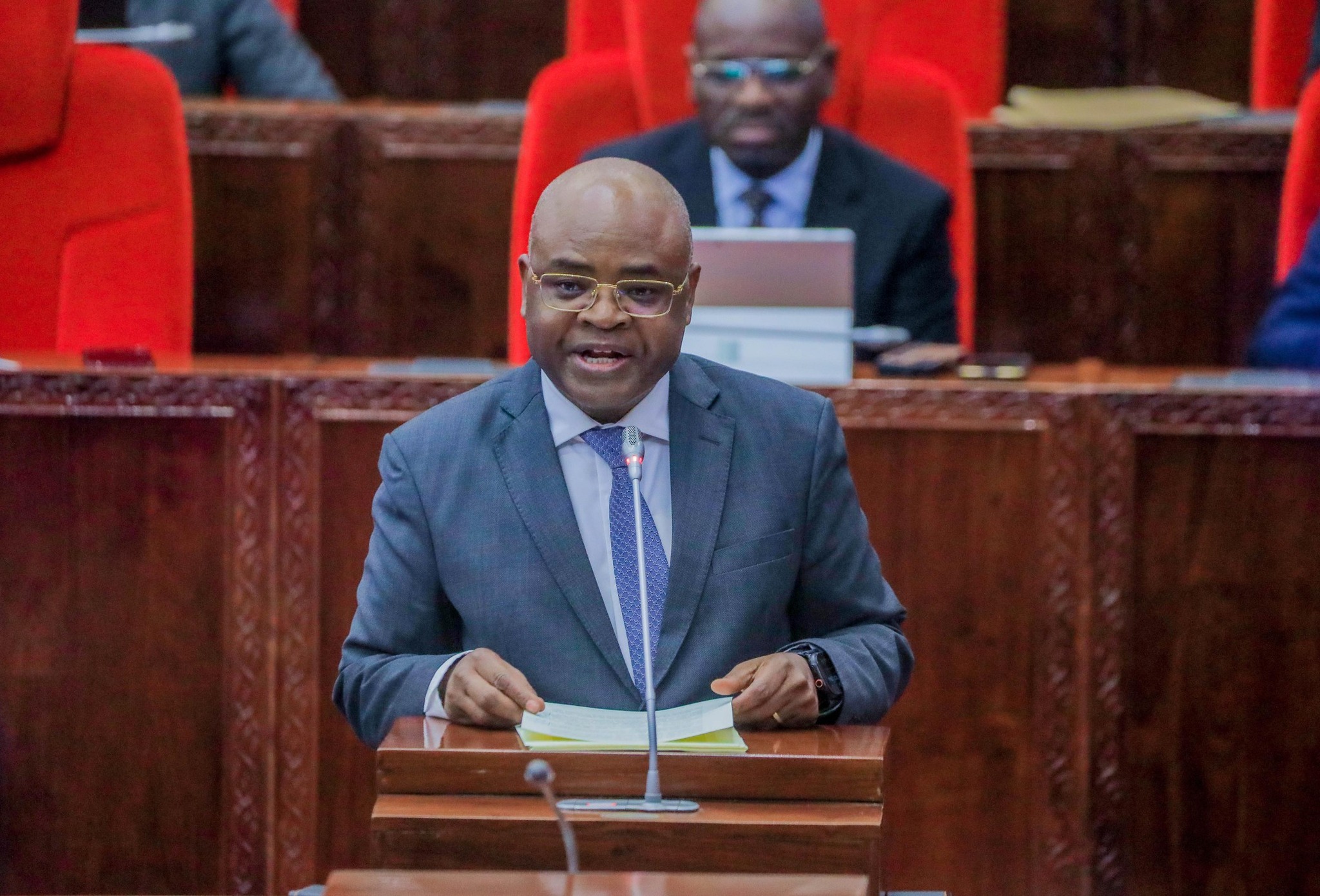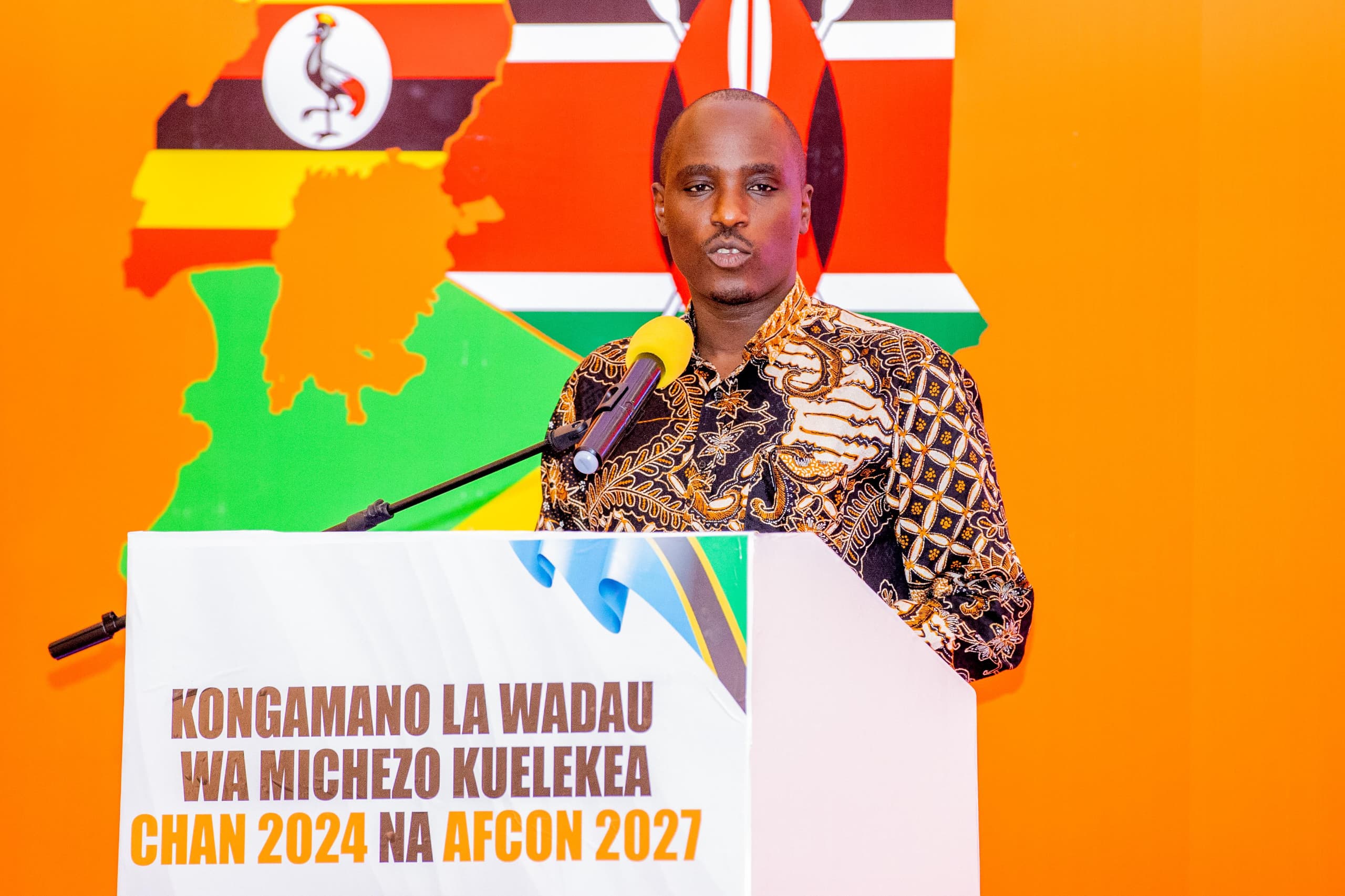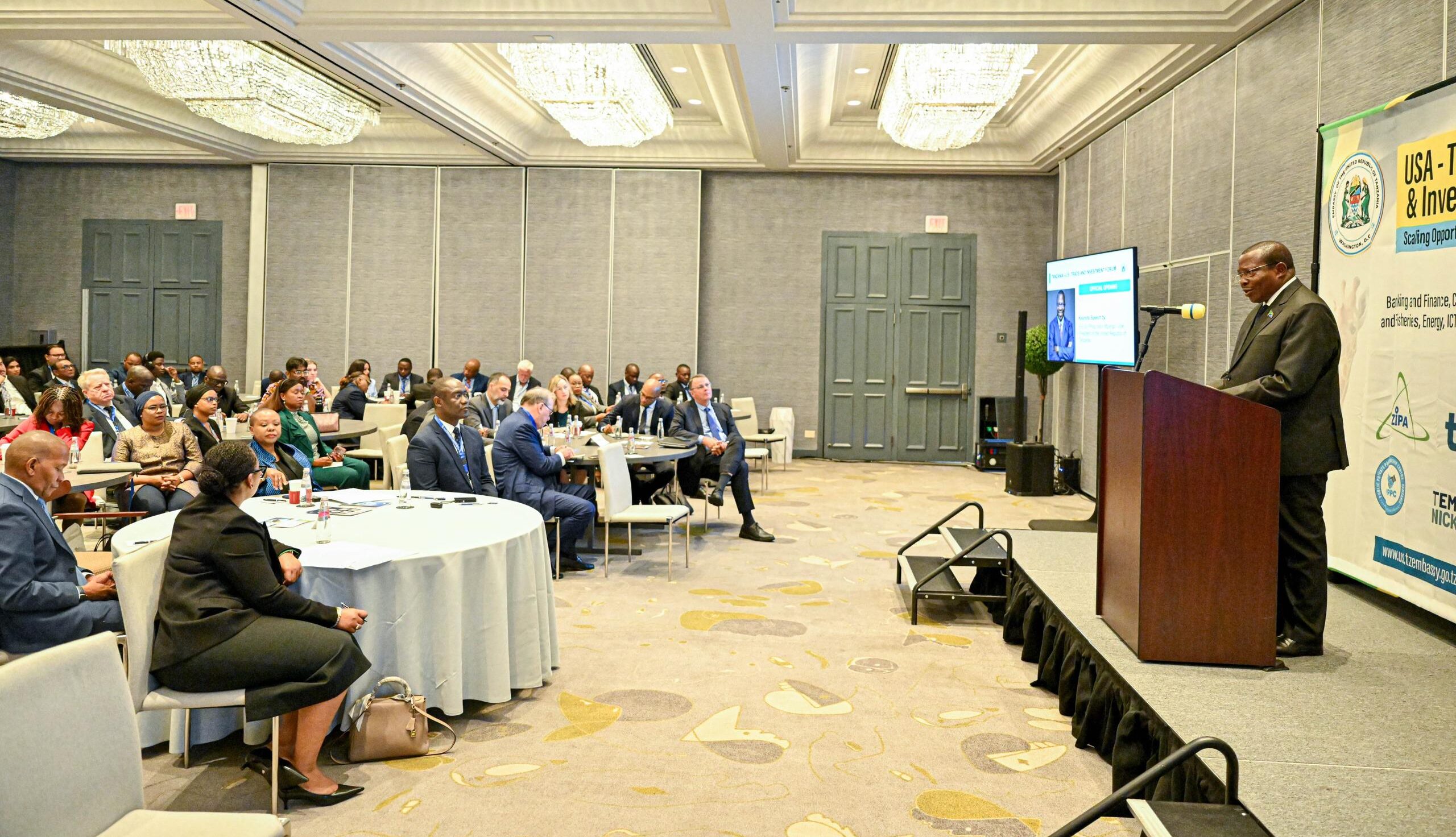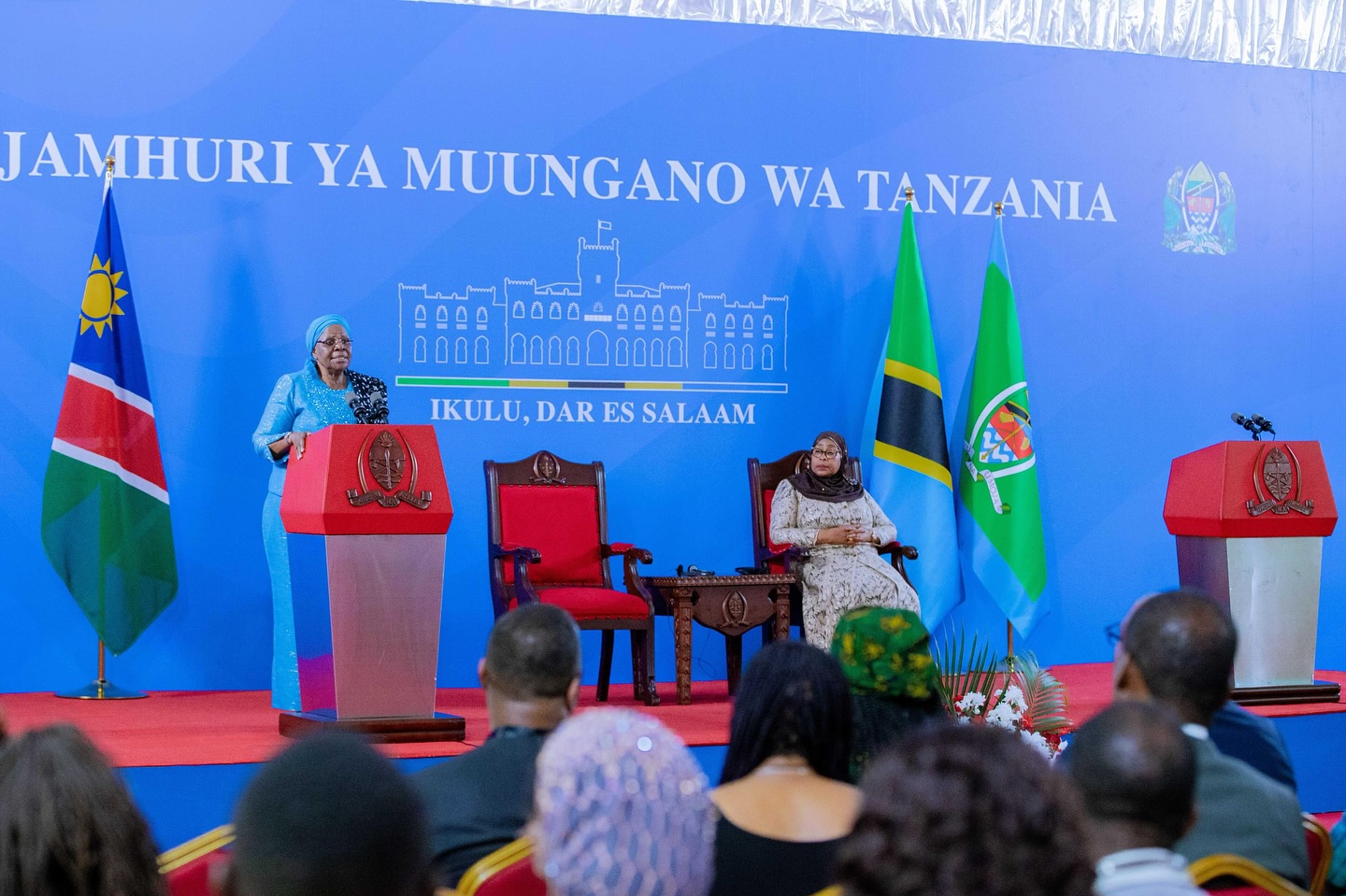Dar es Salaam. The Minister of State in the Prime Minister’s Office (Labour, Youth, Employment and Persons with Disabilities), Hon Ridhiwani Kikwete, has expressed strong praise for the Office of the Treasury Registrar (OTR), citing it as a driving force behind substantial reforms in public institutions—an indication of a broader effort to revitalize state-owned enterprises.
Hon Kikwete’s commendation, delivered on Friday, July 4, 2025, during his visit to booth number 39 (Kilimanjaro Hall) at the ongoing 49th Dar es Salaam International Trade Fair (DITF), popularly known as Sabasaba, underscores growing recognition of institutional transformation within Tanzania’s public sector.
“We are grateful to the Office of the Treasury Registrar under the strong leadership of Mr. Nehemiah Mchechu for enabling public institutions to increase their efficiency,” said Hon. Kikwete.
This statement reflects not just gratitude but a policy alignment with performance-based public sector management.
He added, “We are all witnesses. Under the Sixth Phase Government led by Her Excellency President Dr Samia Suluhu Hassan, we have seen significant operational changes in public institutions.”
This acknowledgment signals a broader shift in governance philosophy—one that favors measurable outcomes and fiscal discipline.
The OTR has been instrumental in strengthening the financial position of state-owned enterprises (SOEs) that were previously operating under negative capital and sustained losses.
These institutions, once dependent on government subsidies, are now transitioning to self-sustainability and profitability, with some even contributing dividends to the state—a shift that illustrates the effectiveness of the current public enterprise reform model.
Entities such as the Occupational Safety and Health Authority (OSHA), whose contribution to the Government Consolidated Fund during the 2024/25 financial year stood at Sh10.4 billion.
The list, which also includes State Mining Corporation (STAMICO), Tanzania Electric Supply Company (TANESCO), and the Tanzania Petroleum Development Corporation (TPDC), is cited as a prime example of this turnaround.
Their progress not only improves sector performance but also reduces fiscal pressure on the central government.
Hon Kikwete emphasized continued government support, noting, “Keep working hard, and where there are areas within institutions under the Prime Minister’s Office that need change, consider yourselves already supported by us.”
This pledge hints at a whole-of-government approach toward reform, where cross-ministerial collaboration is seen as essential to sustaining the reform agenda.
From a communications standpoint, the Head of Public Relations and Communication at the OTR, Mr Sabato Kosuri, confirmed the tangible impacts of the reforms, stating that performance has markedly improved in some institutions.
“Efficiency has greatly improved — a good example is seen at the Tanzania Ports Authority,” said Mr Kosuri.
His remarks highlight the correlation between reform implementation and institutional productivity, particularly in high-revenue-generating sectors.
In the past, the Tanzania Ports Authority not only increased its contribution to the Government’s Consolidated Fund from Sh155.7 billion in 2023/24 to Sh181 billion in 2024/25, but also reduced its operational expenditures by Sh505.59 billion—amounting to a 46 percent efficiency gain.
This data point underscores a significant return on reform investment and exemplifies how targeted management interventions can yield both fiscal and operational dividends.

